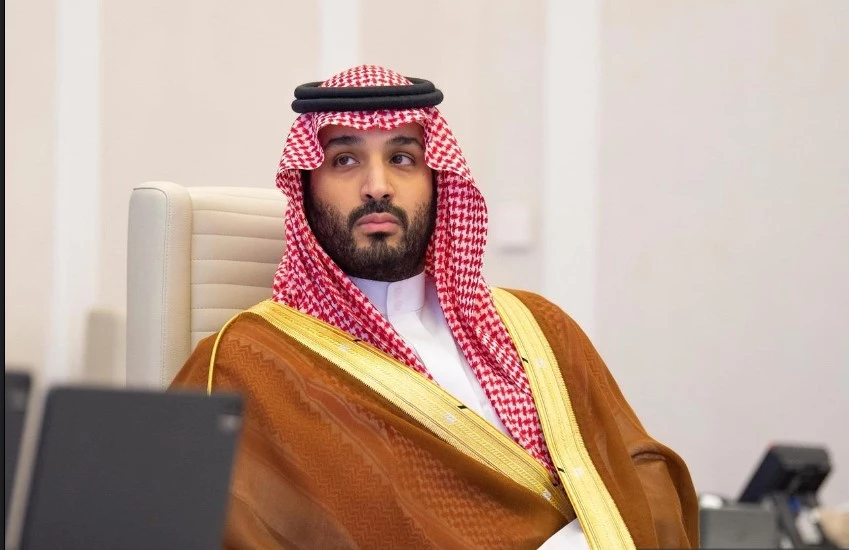Saudi Arabia starts fundraising drive for Gaza Palestinians

Stay tuned with 24 News HD Android App

Saudi Arabia said Thursday it was launching a fundraising campaign for Palestinians in war-torn Gaza where Israel is pressing a massive military operation following the October 7 Hamas attacks.
Crown Prince Mohammed bin Salman, the de facto ruler, donated 20 million Saudi riyals (roughly $5.3 million) to the campaign, the state-affiliated channel Al-Ekhbariya reported.
The campaign "comes within the framework of the Kingdom's well-known historic role in standing with the brotherly Palestinian people," said Dr Abdullah al-Rabeeah, head of the King Salman Humanitarian Aid and Relief Centre, according to the official Saudi Press Agency.
The move comes nearly one month after Hamas militants killed 1,400 people and kidnapped more than 230, according to Israeli officials, in the deadliest attack in the country's history.
Since then, Israel has relentlessly bombarded Gaza and sent in ground troops in a bid to destroy Gaza's Hamas rulers, in an assault that the health ministry says has killed 8,700 people, two-thirds of them women and children.
Saudi Arabia, home to Islam's holiest sites, has never recognised Israel and has long fashioned itself as a champion of the Palestinian cause, issuing statements condemning the recent attacks on Gaza civilians.
Before the war broke out, Saudi officials were participating in US-brokered discussions about normalising ties with Israel, although the talks have since been put on hold, a source briefed on the process told AFP in mid-October.
Saudi Arabia does not allow the kind of pro-Palestinian protests seen in other Arab countries since the war began, which has left little room for public expressions of solidarity.
Some Saudis have settled for social media posts on private accounts.
Last month, the Al Hilal football club posted a picture of a player wearing a Palestinian keffiyeh scarf, only to delete it soon after.
Political speech is tightly restricted in Saudi Arabia, including on social media, with judges routinely handing down heavy sentences for posts critical of the government.
"We cannot talk about supporting Palestine publicly," said Ali, a government employee who did not want to give his surname due to the sensitivity of the issue.
"I used to pay from my pocket money to support the Palestinians during the intifada 20 years ago. Now we have been silenced and we cannot even write a supportive post on social media."
